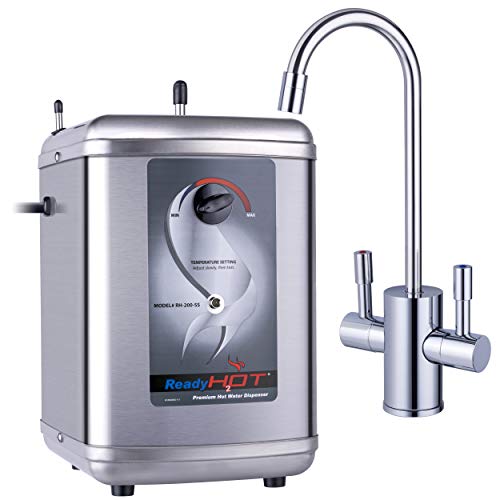Introduction to Hot Water Taps: Convenience at Your Fingertips
Hot water taps are a modern convenience designed to provide instant hot water on demand. These taps are becoming increasingly popular in kitchens and bathrooms due to their efficiency and ease of use. Unlike traditional hot water systems, which require time for water to heat up, hot water taps deliver hot water immediately. This is achieved through advanced heating technologies that are compactly integrated into the tap itself. By eliminating the need for a separate hot water heater or lengthy wait times, hot water taps streamline daily routines, offering a quick and practical solution for various tasks such as washing dishes, preparing beverages, or even making instant soups.
How Hot Water Taps Work: The Technology Behind Instant Heat
The technology behind hot water taps involves sophisticated heating mechanisms that are compact and efficient. These taps typically use either a tankless water heater or an under-sink unit. Tankless water heaters heat water directly as it flows through the tap, eliminating the need for a storage tank. They use electrical elements or gas burners to achieve the desired temperature almost instantly. On the other hand, under-sink units preheat water and store it in a small, insulated reservoir, ready to be dispensed at a moment’s notice. Both systems are designed to offer precise temperature control, ensuring that users receive water at their preferred heat level without the fluctuations often associated with traditional hot water systems.
Installation of Hot Water Taps: Professional Tips and Considerations
Installing a hot water tap requires careful consideration and, often, professional expertise to ensure optimal performance and safety. The installation process typically involves connecting the tap to a power source and a water supply line. For tankless models, it’s crucial to have an adequate electrical supply to handle the heating elements. Under-sink units require sufficient space and proper insulation to maintain water temperature. Additionally, the installation should comply with local plumbing codes and regulations to avoid issues with water pressure or temperature regulation. Engaging a qualified plumber or installer can help ensure that the tap is correctly fitted, functional, and safe, reducing the likelihood of future problems and maximizing the unit’s efficiency.
Benefits of Hot Water Taps: Efficiency, Cost Savings, and Environmental Impact
Hot water taps offer a range of benefits that extend beyond convenience. One of the primary advantages is their energy efficiency. By heating only the water that is needed, these taps reduce waste and energy consumption compared to traditional water heating systems, which constantly maintain a reservoir of hot water. This can lead to significant cost savings on energy bills. Additionally, because they provide hot water instantly, they reduce water wastage that occurs while waiting for the water to heat up. Environmentally, hot water taps contribute to a lower carbon footprint by minimizing energy usage and reducing the overall demand on heating systems. These benefits make them a practical choice for those looking to enhance both their daily routines and their environmental impact.



